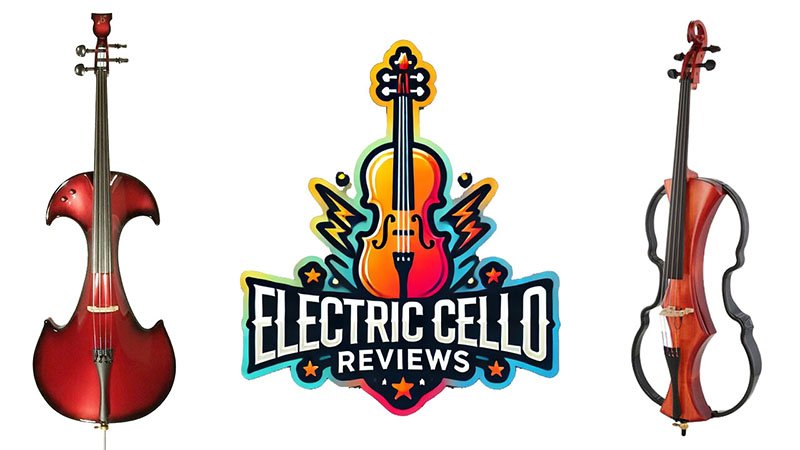Yamaha electric cellos are renowned in the music world for their innovation, quality, and accessibility. Here’s a critique of Yamaha electric cellos, focusing on their strengths and areas for improvement:
Strengths
- Build Quality:
- Yamaha is known for its durable, well-constructed instruments. Their electric cellos feature high-quality materials, ensuring long-term reliability.
- Models like the Yamaha SVC-110 and SVC-210 deliver excellent craftsmanship with sleek, ergonomic designs.
- Sound Quality:
- Yamaha electric cellos often feature studio-grade electronics, offering a clean, natural tone that closely resembles acoustic cello sounds.
- The inclusion of digital effects and preamp controls in some models enhances versatility for live performances and recording.
- Playability:
- Many models maintain the familiar feel of an acoustic cello, making them a smooth transition for traditional players.
- Lightweight designs improve portability without compromising on stability.
- Design Innovation:
- Yamaha excels in creating visually appealing instruments. Their minimalist frames and body designs prioritize comfort and mobility, suitable for stage performers.
- Foldable features in some models, like the SVC-210, add convenience for frequent travelers.
- Silent Practice Options:
- Yamaha’s silent practice capability is a standout feature, allowing players to practice without disturbing others. This is ideal for students and professionals in noise-sensitive environments.
- Wide Range of Models:
- Yamaha offers electric cellos at various price points, catering to beginners, intermediate players, and professionals.
Weaknesses
- Price Point:
- Yamaha electric cellos can be expensive, especially for beginners or hobbyists. The high-end models like the SVC-210 or SVC-110 often cost significantly more than some competitors’ options.
- Lack of Deep Customization:
- While Yamaha offers good tonal controls, some players feel the electronics lack the depth and flexibility of boutique brands that specialize in electric cellos.
- Limited Acoustic-Style Resonance:
- Despite Yamaha’s efforts to mimic acoustic tones, purists might find that the sound still lacks the warmth and depth of a traditional cello.
- Conservative Design Choices:
- Yamaha often leans towards safe, neutral designs. While elegant, they might lack the bold aesthetics or unique finishes offered by some boutique manufacturers.
- Weight Distribution:
- Some users report issues with weight distribution, particularly on models with minimalist frames, which can take time to adjust to for those used to acoustic cellos.
- Amplification Dependency:
- Yamaha electric cellos are designed for amplified sound, which can limit their utility in unplugged settings or for casual acoustic play.
Overall Impression
Yamaha electric cellos are a solid choice for players seeking a reliable, versatile, and aesthetically pleasing instrument. They are particularly strong in providing a seamless practice and performance experience. However, they might not appeal to purists or those seeking more adventurous designs and tones. Players looking for a balance between modern technology and classical playability will find Yamaha electric cellos an excellent investment.

